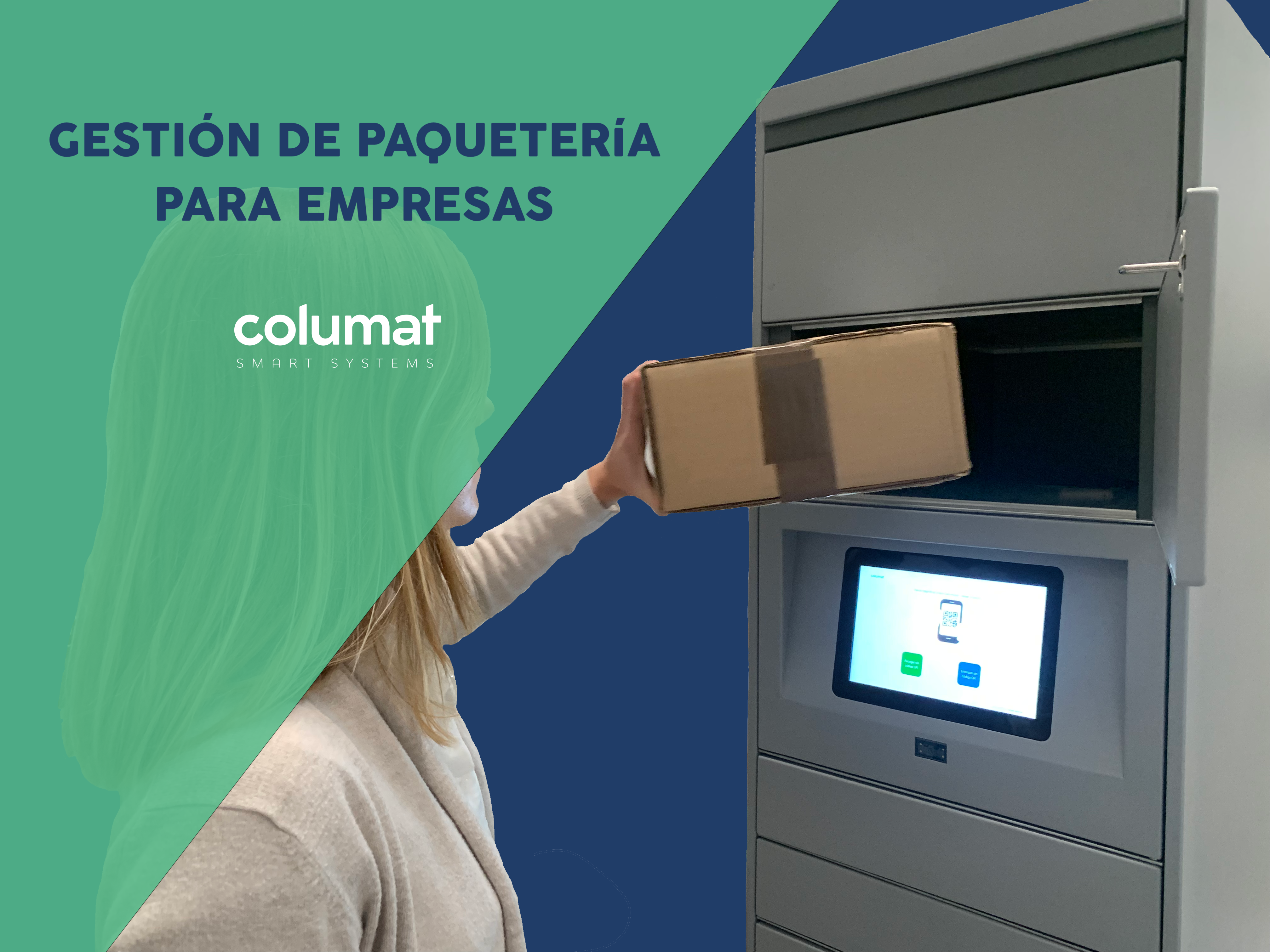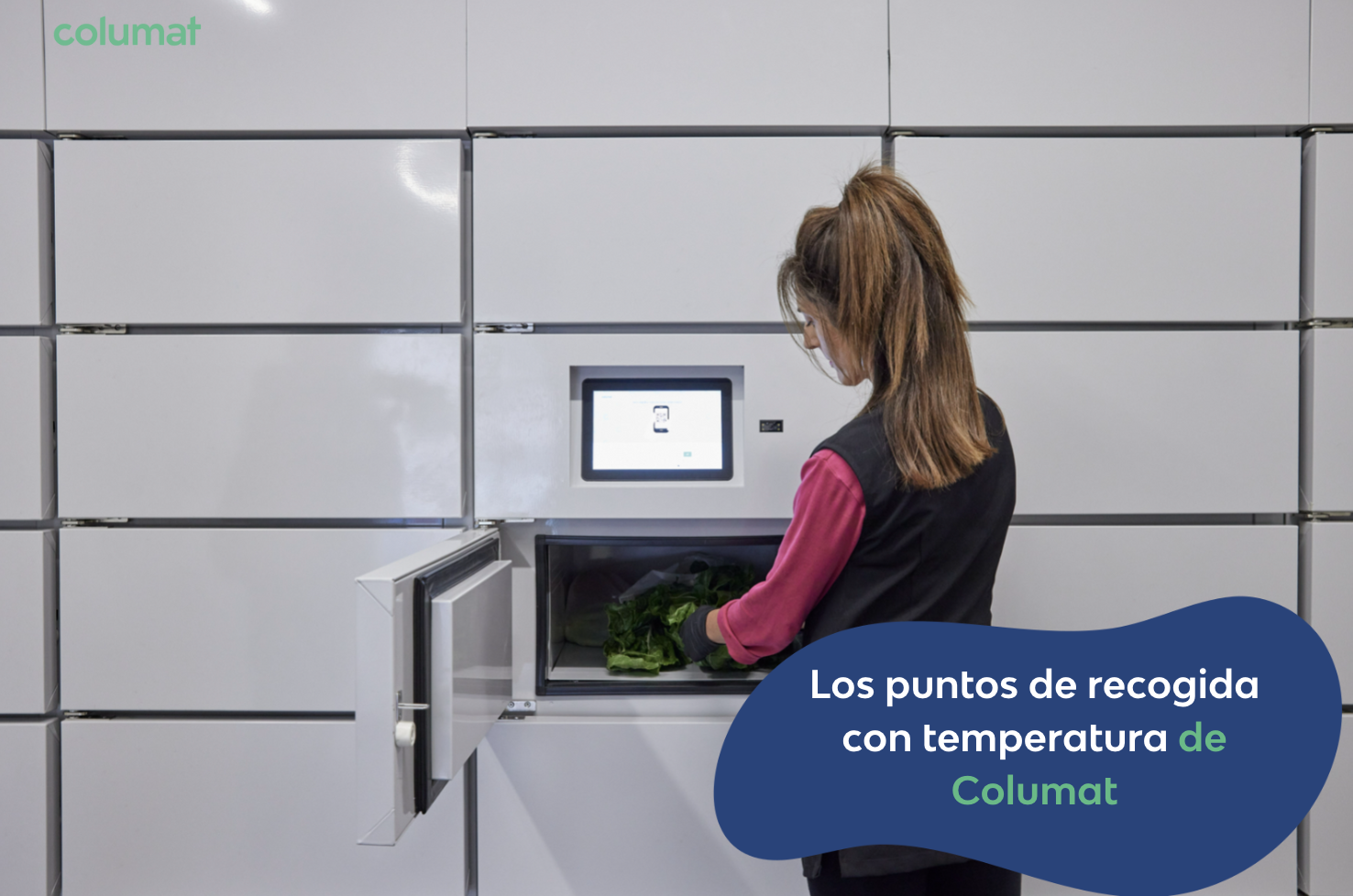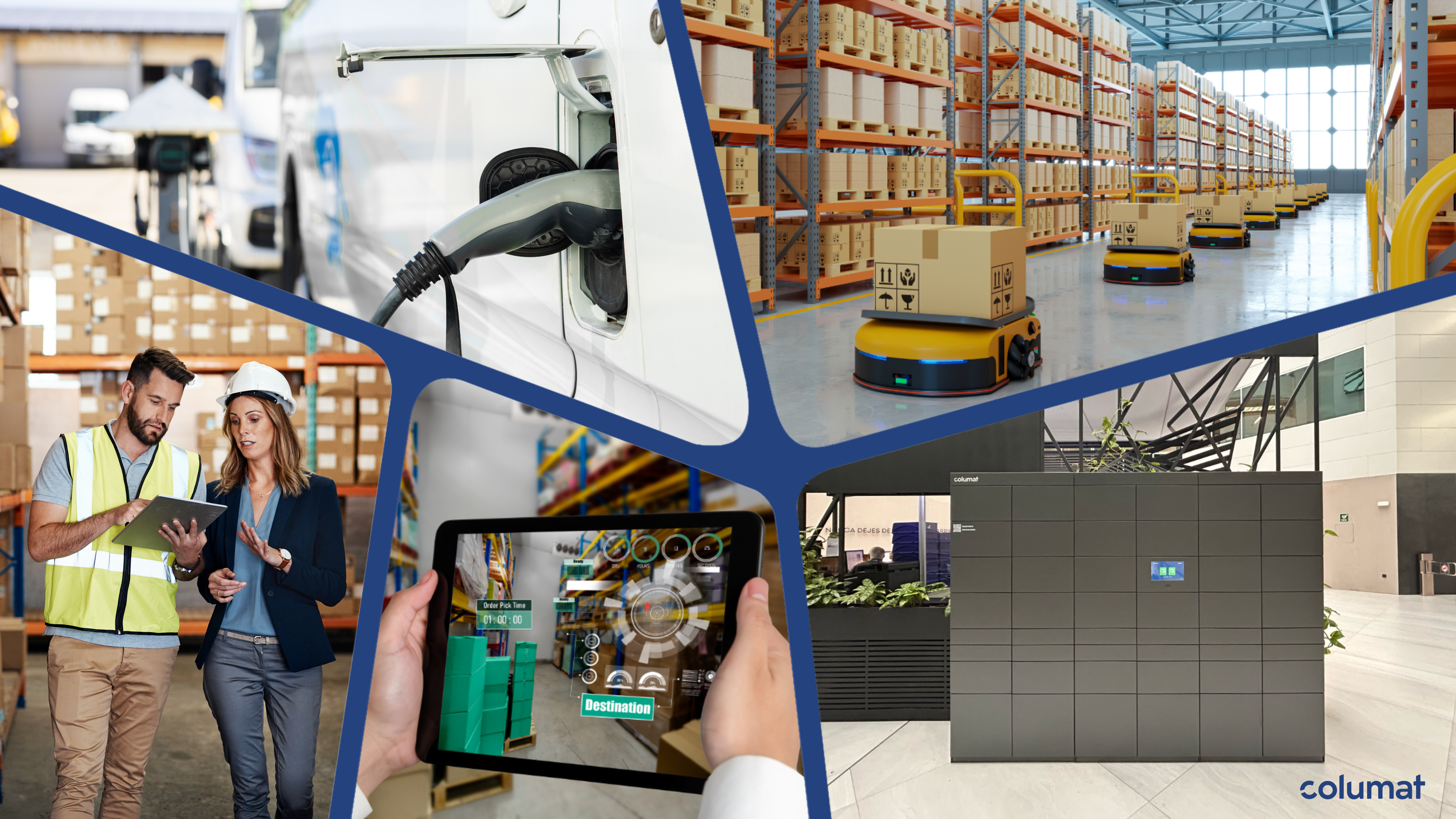Reverse logistics
Reverse logistics corresponds to the process of planning and controlling the return of products from the point of consumption or end user to the manufacturer or distributor for recovery, repair, recycling or disposal.
Delivery is often conceived as the last step in the logistics chain of a package. However, there are other important steps that occur after the product has been received.
Unlike traditional logistics, which focuses on getting products from the manufacturer to the consumer, reverse logistics focuses on optimizing the movement of products in the opposite direction, i.e. from the consumer to the manufacturer or supplier.
Commercial and economic benefits
Reverse logistics brings commercial and economic advantages to companies, such as:
- Cost reduction: Product recovery and recycling can reduce production costs for companies that reuse materials to manufacture new products or recondition old ones.
- Innovation and continuous improvement: Understanding the reasons for returns enables companies to improve their products and make them more competitive.
- More satisfied and loyal customers: A commitment to the environment, a clear return policy and efficient customer service generate customer confidence and satisfaction.
- Regulatory compliance: In many countries, there are regulations that require companies to properly manage end-of-life products. Implementing this type of efficient return logistics helps to comply with these regulations, avoiding fines and improving the relationship with regulatory authorities.
- Marketing strategies and promotions: Companies can use reverse logistics as a marketing tool by offering buyback or exchange programs to customers. This not only boosts sales, but also enhances the perception of the brand as sustainable and responsible.
Environmental benefits
The growing awareness of sustainability and environmental responsibility has played a crucial role in integrating such logistics into today's society. The environmental benefits include:
Promoting the circular economy: Reverse logistics facilitates the continued use of materials through recycling, reconditioning and reuse processes. This closes the life cycle of products, promotes a circular economy and reduces dependence on new raw materials.
Waste reduction: Reverse logistics recovers returned products, components and materials for reconditioning, recycling or reuse in new products, thus preventing them from ending up in landfills.
Energy savings: Reusing and recycling materials requires less energy than producing new products from scratch. This decreases energy demand and reduces greenhouse gas emissions associated with power generation.
Carbon footprint reduction: Optimizing the reverse flow of goods and materials reduces greenhouse gas emissions associated with the transportation and disposal of products. This is achieved through the installation of intelligent return lockers, concentrating all returns in one point and reducing the courier's journey.
Reverse logistics, in addition to optimizing returns management, offers numerous commercial, economic and environmental benefits. In an increasingly sustainability-conscious world, effectively implementing reverse logistics not only complies with current regulations, but also opens up new business opportunities and strengthens customer relationships, positioning companies as responsible leaders committed to a sustainable future.
We leave you the link to our posts in case you are interested in learning more about sustainability, Smart Cities, lockers and much more:


